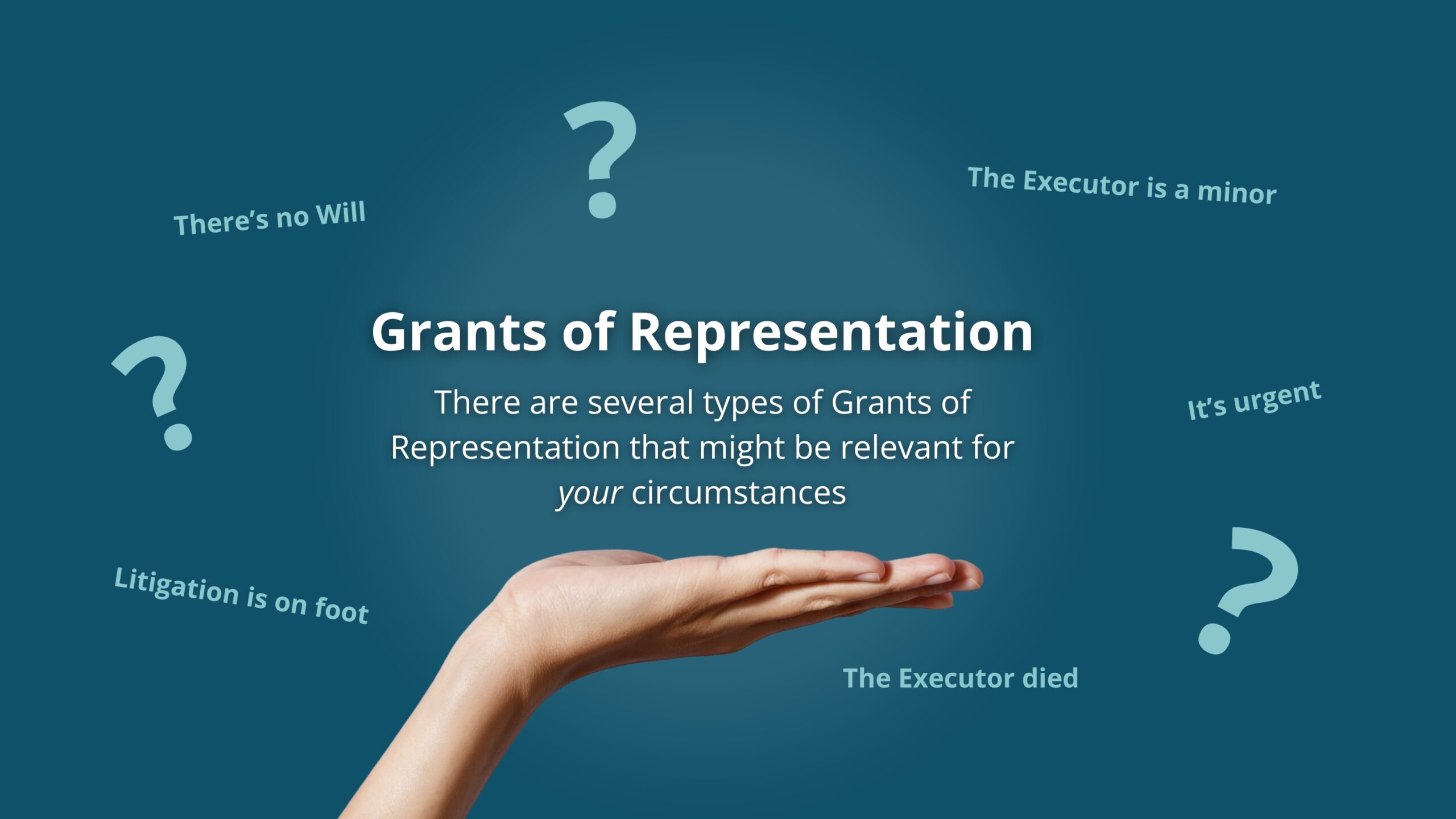Every adult has the right to make their own medical treatment decisions. However, if you experience illness or an accident you may be unable to do so (either temporarily or permanently).
An Appointment of Medical Treatment Decision Maker (“AMTDM“) is a formal legal document that allows you to appoint people who can make medical treatment decisions on your behalf if you do not have decision-making capacity to make the decision yourself. The person you appoint to make medical decisions on your behalf is known as your medical treatment decision maker.
AMTDMs in Victoria are covered by the Medical Treatment Planning and Decisions Act 2016 (Vic), which commenced on 12 March 2018. Prior to that date, the relevant document was an Enduring Power of Attorney (Medical). The new legislation did not invalidate any Enduring Powers of Attorney (Medical) that were in place before it commenced.
1. Who can be my Medical Treatment Decision Maker?
You can appoint any adult to make medical decisions on your behalf, provided you have the capacity to make this decision at the time of the appointment. This person, known as your Medical Treatment Decision Maker (MTDM), should be someone you trust, who can communicate effectively, and who is willing to take on the responsibilities of the role. You can also appoint several backup decision makers who will step in if your primary MTDM is unavailable.
The appointment must be documented in writing using the prescribed form and must be executed and witnessed according to the legal requirements. The person you appoint must also accept their role by signing the Acceptance. It’s important to note that your MTDM does not need to be the same person whom you have appointed as your Attorney for financial or personal matters.
2. What types of decisions can my Medical Treatment Decision Maker make?
Your MTDM can, unsurprisingly, make medical decisions on your behalf. This includes decisions about surgeries, immunisations, medications, dental treatments, and life support. Your MTDM cannot make decisions about palliative care or voluntary assisted dying but can advocate for your preferences and values to be respected, and if a doctor is making decisions about palliative care they must consult the MTDM.
When making decisions, your MTDM should act based on what they believe you would decide if you had capacity and must consider:
- Any conditions or limitations specified in your AMTDM
- Any Advanced Care Directive you have in place, which is a document that outlines your legally binding preferences for medical treatments, including what you consent to and what you refuse. This directive should be created with your doctor’s assistance
- The potential effects and consequences of any given treatment
- Possible alternatives, including refusing treatment.
In emergencies, health practitioners can act without your MTDM’s consent to save your life, prevent serious health damage, or alleviate significant pain or distress.

3. Can I specify my medical treatment preferences?
You can provide limitations and conditions in your AMTDM, but the best place to outline your binding instructions or preferences regarding medical treatment is in an Advanced Care Directive. This document can address various matters, such as:
- What is most important to you
- The types of medical treatment you consent to or refuse
- Any medical treatment outcomes you find unacceptable after illness or injury
- Whether you want the document to have an expiration date
Statements about palliative care in an Advanced Care Directive are not binding, but should be considered by your MTDMs. You cannot include directions on voluntary assisted dying in this document.
To create an advance care directive, you must:
- Have the capacity to make decisions about each statement in the directive
- Understand the nature and implications of each statement
For the directive to be legally binding, it must be in writing, include certain details, be signed by you, and witnessed by two adults, one of whom must be a medical practitioner.
You can modify or revoke an existing advance care directive or create a new one if your preferences change or if you wish to add further instructions.
4. What happens if I don’t appoint a Medical Treatment Decision Maker?
If you don’t have an AMTDM in place, the law provides a list of people who can make medical treatment decisions on your behalf if you are unable to do so. If a Guardian has been appointed by VCAT to make medical treatment decisions for you, they would have priority. If no Guardian has been appointed, then your MTDM will be whoever is highest on this list, is available and willing to make the decision, and is in a close and continuing relationship with you:
- Your spouse or partner
- Your primary carer
- Your adult children in order of age
- Your parents in order of age
- Your adult siblings in order of age
Even if you would be comfortable with this list of persons making medical treatment decisions on your behalf, you may wish to make an AMTDM to provide your family and any relevant healthcare professionals with complete clarity about who has the authority to make these decisions. This can avoid your family having to try to figure this out when they are already stressed and under pressure.
Aged care facilities also typically prefer that residents have an AMTDM in place.

5. Can I change who I appoint as my Medical Treatment Decision Maker?
So long as you have capacity, you can revoke the appointment of a MTDM and, if you choose, appoint someone else instead. For example, you might wish to do so because your original MTDM has health issues of their own, or because your relationship with them has changed and you would no longer be comfortable with them making medical decisions for you.
To remove a MTDM, you can either revoke the AMTDM or you can make a new AMTDM, which will automatically revoke any that already exist. In either case, it is important that you use a form that complies with the requirements of the law. If you do change who is appointed as your MTDM, it is important that you inform anyone who knew about the old appointment.
If you have lost capacity, then someone may apply to VCAT for removal of your MTDM or to review a medical decision that has been made. A common theme in estate planning is that you only have direct control for as long as you have capacity. It is important to use that time to make decisions about who can act for you if you ever lose capacity.
Other articles in the Incapacity Series
- The Incapacity Series: The Importance of Planning Ahead
- Enduring Powers of Attorney: What if I can’t make decisions for myself?
- Appointments of Medical Treatment Decision Maker: What if I can’t make medical decisions for myself?
- Guardians and Administrators: What if I lose capacity and haven’t appointed anyone to make decisions for me?
- Statutory Wills: What if I lose capacity to make a Will?
Authors

Sheredyn Legg






